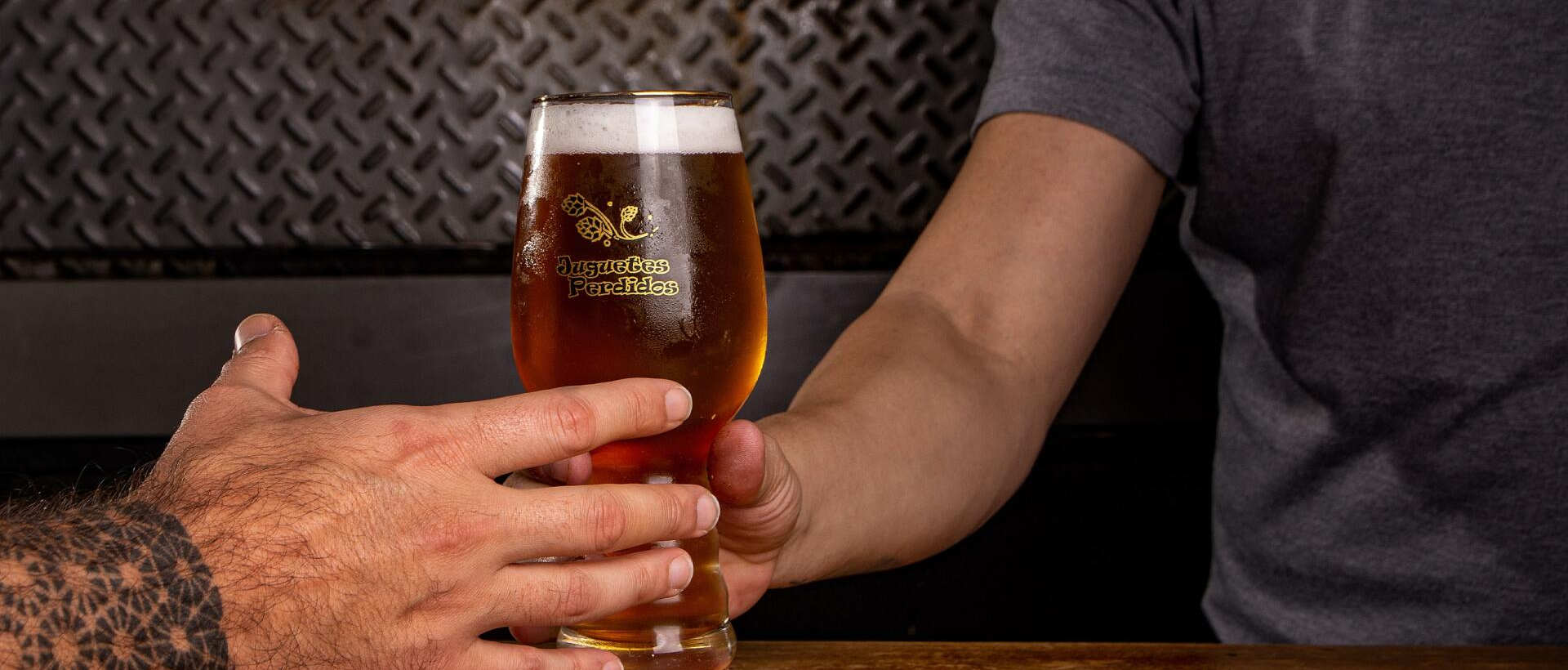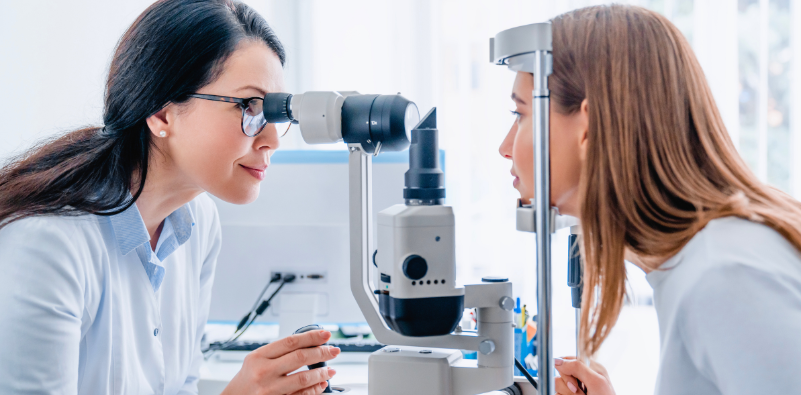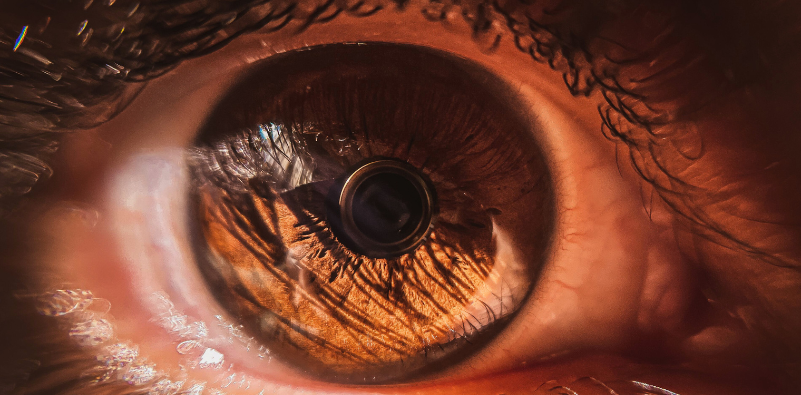How Drinking Alcohol Can Affect Eyesight

The festive period is a time to celebrate with family and friends, enjoy yourself and be a bit more indulgent than you are for the rest of the year. For many people, Christmas involves more parties and socialising than usual and with that comes drinking more alcohol. This year there is also the World Cup taking place in the lead-up to Christmas, which might mean people drink more than they would around Christmas time.
Drinking small amounts of alcohol is not a health risk for most people but there are numerous health implications to be aware of when drinking alcohol in larger volumes. As well as being high in calories and making weight management more difficult, alcohol is a depressant and can cause a range of health conditions.
The recommended maximum weekly alcohol intake is 14 units, which is the equivalent to 6 pints of 4% beer or 6 medium glasses of wine. Staying below this level should significantly help to avoid developing alcohol-related diseases and health conditions.
Alcohol and eye health
One of the health risks of drinking alcohol that there is less awareness about is how it can affect eyesight. There are both short-term and long-term effects on your eyesight from drinking alcohol:
Short-term effects of alcohol on eyesight
When you consume a large amount of alcohol it is common to experience blurry vision or even double vision which happens due to increased blood sugar levels, causing the eye lens to swell. Your reaction times are also much slower due to weakened eye-muscle coordination. The iris takes longer to contract which makes the pupil smaller and impairs vision. Some people also experience eye twitching after drinking alcohol.
Long-term effects of alcohol on eyesight
Some of the long-term effects of drinking excessively include decreased peripheral vision, often referred to as tunnel vision, which in many cases can mean it is dangerous to drive. People who drink heavily are much more likely to develop cataracts and age-related macular degeneration (AMD). Age-related macular degeneration involves a deterioration of central vision and blurry vision and can significantly impact your quality of life due to severe vision impairment.
Another consequence of regularly drinking over the recommended amount of alcohol is chronic dry eye, which can be very uncomfortable, as well as causing blurry vision. Changes in your blood pressure caused by drinking can also lead to expanding blood vessels in your eyes.
Drinking alcohol in moderation is generally not going to affect your health significantly but regular, excessive drinking could be damaging your organs and your eyesight, so over Christmas try to take it easy and have plenty of alcohol-free days. As well as protecting your eye health and general health, you will wake up feeling fresher and happier, ready to enjoy all of the festive fun.
If you have not had an eye test in the last two years, book a test at Harrolds Opticians to help to protect your long-term eye health.











